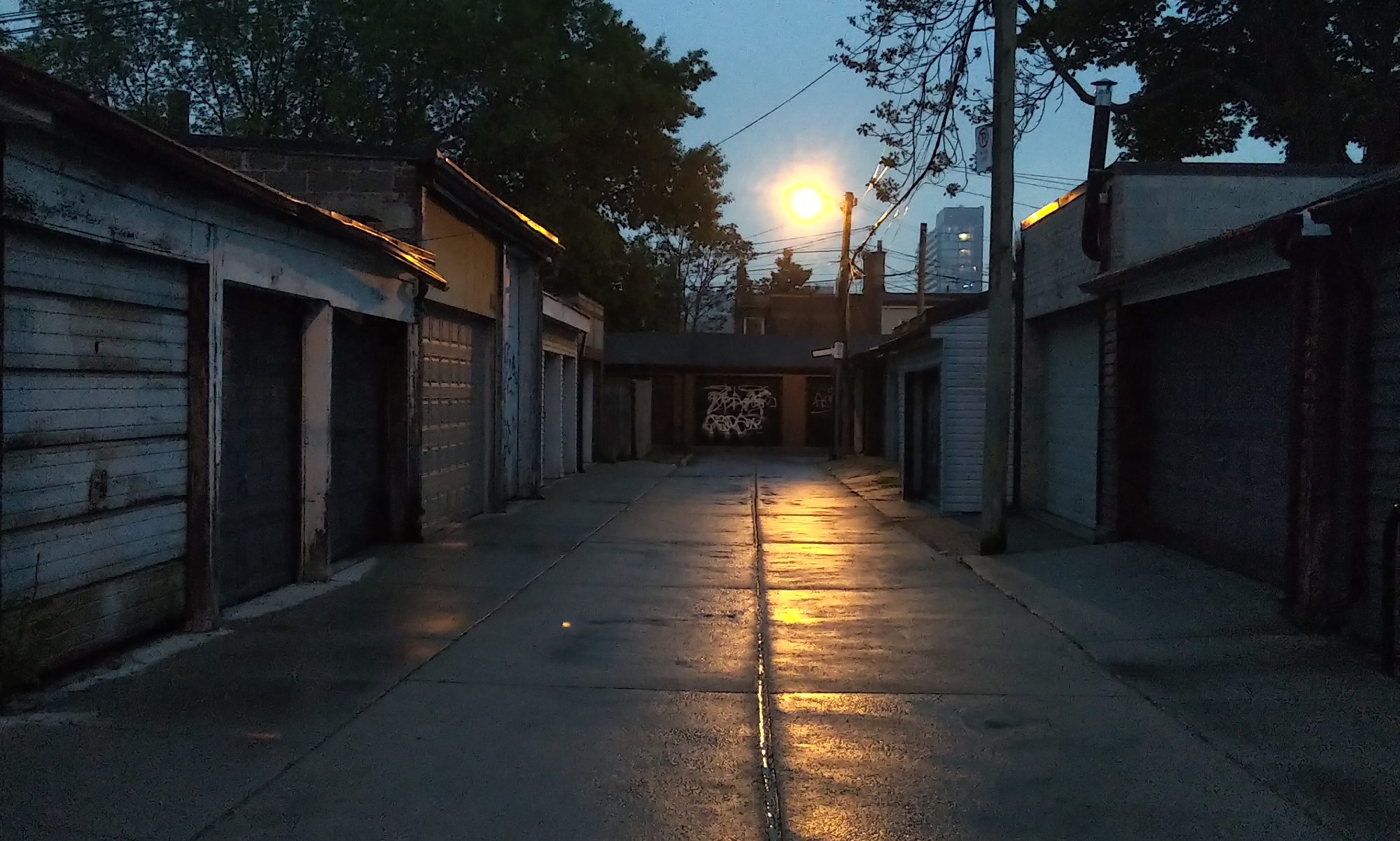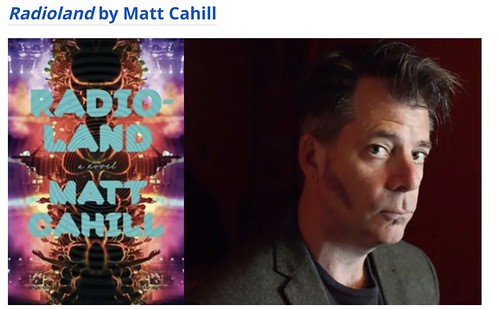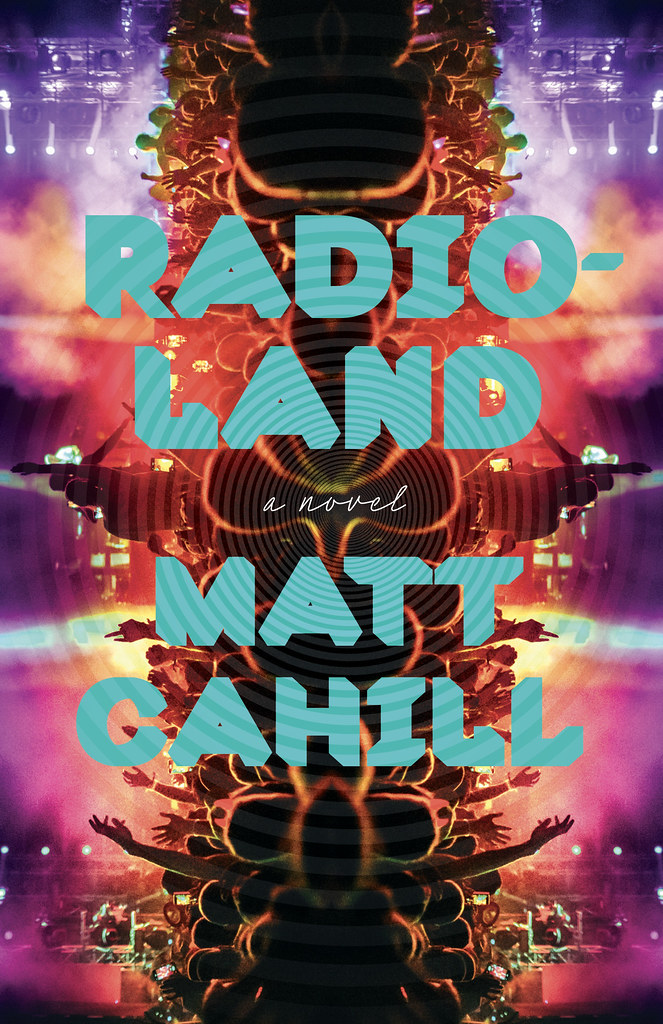Someone who is new-ish to writing is liable to want to have every option open to them when it comes to writing — this applies equally to fiction, creative non-fiction, and poetry. Get out of my way, this writer says to themselves as they roll up their sleeves, and just let me get to it. And there’s nothing inherently wrong with this ethos (most writing advice tbh is Janus-faced, in that the opposite could equally be true depending upon the context of the individual in question); writing can be (and often is) liberating.
But here’s the thing (because why else would I be writing this in my spare time if there wasn’t a point): sometimes having all the options open to you will have the opposite effect of liberty — it can incongruously create its own roadblock by virtue of being, well, too open-ended. If there are no boundaries it can often feel as if we are tasked with filling an abyss which might lead to a sense of paralysis. Do I write about this? Wait…what about that? The question of what you write about (or the angle you choose to write about it from) can be intimidating if there are no rules, no guardrails, no ceiling and no floor.
When I took part in a week-long writing intensive many years ago, which incorporated fiction and poetry writing, the end goal was for each of us to write a sestina. What’s that? It’s a form of poetry that carries with it very specific rules for how it is to be constructed and it is a massive. pain. in the. ass. Without exception, every person in my group — poet, non-poet, or (like me) something in-between — saw each day that approached the assignment deadline with a sense of dread. The sentiment could be summed as: this is bullshit. As in, this is bullshit, I should be free to write whatever and however I want. What is more freeing than Art, after all!? And yet, when I sat my ass down and began to work out how I would construct my sestina, which I admit was painful, I was also struck by how the constraint of the sestina form forced me to be very specific and focused on what it was that I was doing. Lo and behold, I ended up writing something I never thought I would’ve pulled off — and managed to impress the instructor in the process. It was an inspirational step forward to me, not just as an artist but as someone who reflects on the hows and whys of human behaviour.
A few weeks ago, a documentary was released on the band The Velvet Underground. Its director, Todd Haynes, an artist in his own right, set his own constraints on the project. Rather than having a bunch of present-day intellectuals and music nobility reflecting on the influence of the Velvets (ie how many music documentaries are constructed) he insisted on maintaining temporal and situational context in his choice of subject by only presenting people who were there at the time and place that the events unfold. For example, when the Velvets set out on an ill-fated tour of California he doesn’t interview anyone who was not part of that tour. No Warhol. No Jonathan Richman. Just whatever archival footage was available and/or surviving members of the band and entourage to speak to their experience. It makes for a fascinating and immediate way of telling the story without it being a nostalgic love-in or overly biased hagiography. You should see it.
What are other ways in which we might use constraints to help us focus? How about a police procedural with no police? A mystery told from the sole vantage point of a security camera? A poem expressing your current feelings but using excerpts/fragments from your teenage journals?
Constraints can guide and inform an artist’s work. Note I say can. Sometimes it’s good to go-for-broke and blow the doors off whatever it is you want to get off your chest without care for form. But whatever you do don’t forget that form itself can allow you, if counter-intuitively, to transcend your inner biases and intellectual confines.




